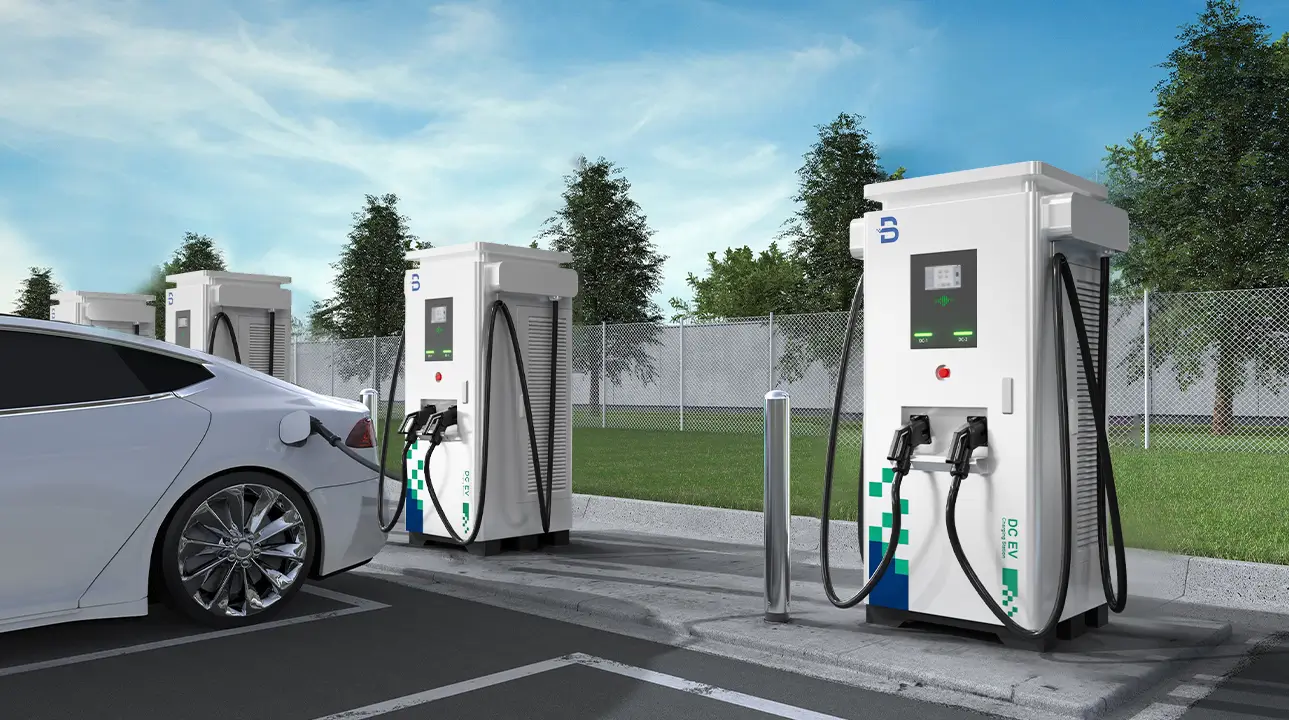Pendragon, one of the UK’s biggest listed dealer groups, has about 160 outlets and, according to its last annual results, sold 91,000 used cars and 55,000 new ones, turning over £2.9bn. Its market value is just over £260m.
Cazoo, by contrast, recently trumpeted second-quarter sales of 10,692 vehicles. It expects sales of £698m this year, less than a quarter of Pendragon’s, although this is forecast to grow to £5.9bn in 2024. Profits, however, remain years away.
Pre-pandemic, the car dealer industry had undoubtedly been slow to adapt to online, relying on consumers’ reticence to move online for what is likely to be their second-largest purchase after a house.
“People want to kick the tyres,” says James Batchelor, contributing editor at trade publication Car Dealer, who recently abandoned an internet automotive purchase when he discovered damage to the car not revealed online.
Finding enough cars to sell could also present a problem. Production shutdowns caused by a global shortage of semiconductors mean shoppers unable to buy brand new vehicles have been pushed into the nearly new market, pushing up prices at unprecedented rates and hitting stocks in turn.
This issue isn’t so bad for established dealers who have relationships with manufacturers who supply them, but companies focused on used cars could find problems.
“He who controls the supply of new cars controls used cars,” says Daksh Gupta, boss of Marshall Motors, another big listed UK dealer. Marshall sources 70pc of the 44,000 used cars it sells annually through relationships with manufacturers as customers end lease deals with them. Those relationships may be more vital as electric vehicles win market share.
“Manufacturers have invested hundreds of billions in EVs and want deeper relationships with customers,” Gupta says.





More Stories
Moon | Cartype
Rivian, Mercedes-Benz Joint Venture Paused
We Blew Up Our $5000 Drag Car ~ Can We Getting Fixed In Time? – Humble Mechanic